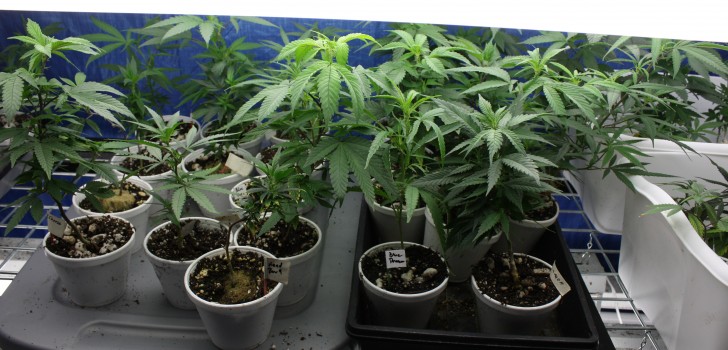The owner of Denver marijuana dispensary LivWell claims lawsuits filed against his business for allegedly selling a product containing an unhealthy pesticide have been encouraged by anti-marijuana factions.
The lawsuits are the first marijuana product liability claim in the U.S since the legalization of marijuana. They were filed on behalf of two marijuana users, including a cancer patient, who allege that LivWell used Eagle 20 EW, a fungicide often used on grapes and hops, on their marijuana plants. The chemical, used to kill mildew, mites and other pests, contains myclobutanil, which produces toxic hydrogen cyanide gas when burned. Horticulturists say there is no “official” research that shows if the fungicide is safe to use on marijuana that will be eaten.
The state of Colorado has a list of pesticides approved for use on food and tobacco crops, but it doesn’t specifically ban Eagle 20 or other pesticides.
Dean Heizer, chief legal strategist for LivWell, says “We believe that the people behind this effort do not want the commercial cannabis industry to succeed and that LivWell was targeted because of its success. We value the health and safety of our customers and patients and have no interest in compromising on that.”
Last April, Denver city officials seized 60,000 plants produced by LivWell claiming they were concerned with the fungicides being used. However, the plants passed residue tests carried out by an independent lab and were handed back to LivWell to be sold.
The lawsuit alleges residue tests are for vegetation, and should not apply to marijuana, tobacco or other plants that are heated before inhalation.
Legal experts says the case highlights disagreement over what chemicals should be allowed in the cultivation of marijuana.
In June the U.S. Environmental Protection Agency, which regulates pesticides, told Colorado and Washington state authorities they could apply to have some cannabis-related chemicals approved through a special local need registration.
Stay Connected